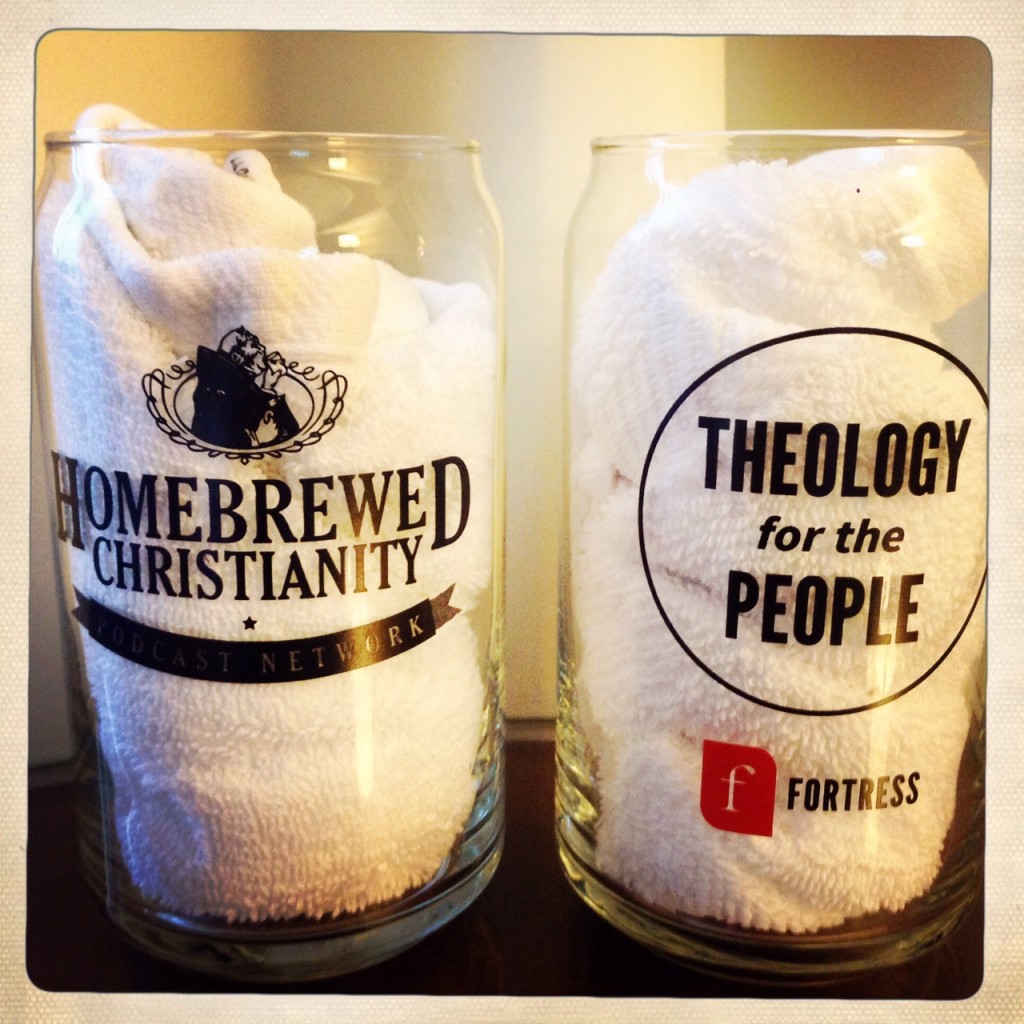I’m blogging through Kenda Creasy Dean’s new book, Almost Christian, a theological follow up to Christian Smith’s Soul Searching. I hope you’ll join me. Find all the posts here.
To end the series on Kenda’s book, a few links for further reading. First, CNN posted an article with the title, “Author: More Teens Becoming ‘Fake’ Christians“:
No matter their background, Dean says committed Christian teens share four traits: They have a personal story about God they can share, a deep connection to a faith community, a sense of purpose and a sense of hope about their future.
“There are countless studies that show that religious teenagers do better in school, have better relationships with their parents and engage in less high-risk behavior,” she says. “They do a lot of things that parents pray for.”
Dean, a United Methodist Church minister who says parents are the most important influence on their children’s faith, places the ultimate blame for teens’ religious apathy on adults.
Well, that stirred up quite a bit of Internet dust, prompting several responses from Kenda on her own site:
As you may know, the CNN story brought on a slew of rants against religion in general, against Christianity, and some against me. I wasn’t surprised by the negative comments–but I wasn’t prepared for the volume. Most reacted out of some prior experience that led them to conclude that Christianity is stupid, cruel, manipulative, or infantile…
I really wish CNN hadn’t called teenagers “fake” Christians in the article’s title. An almost Christian is not necessarily a fake Christian. The book title was not intended as a slam; it comes from a John Wesley sermon preached in 1741 to university students and professors (so clearly, this is not a new issue for the church, or for young people!)
I get nervous when people think, “Oh, if we make teenagers go to church, they will be safe.” I’m not convinced that Christ calls us to be safe. If you want teenagers to be safe–is a religion based on a guy who died on a cross out of divine love for others really the place to go?
And all of the hullabaloo prompted CNN religion writer John Blake to pen a follow-up piece, “‘Mutant’ Christians?“:
“[Teens] don’t want to debate homosexuality, abortion, or whether Christianity is the only way to salvation because they sit next someone who is Muslim or Jewish and they just want to be friends with them,” [Elizabeth] Corrie [of Emory University] says.
Teens aren’t the only ones who share this ambivalence.
Who could argue against religious tolerance? But if it is no longer acceptable to make exclusive claims of faith (“Islam is the only way; Only Jesus can save”), how does one maintain a distinctive religious identity?
And, finally, check out Jesus Creed, where Scot is also blogging through the book.
For my part, I commend Almost Christian, along with all of Kenda’s works. In the end, I agree with her analysis, and I differ a bit with her solution. The church, I’m afraid, may not ever recover the potency that Kenda hopes it will.











